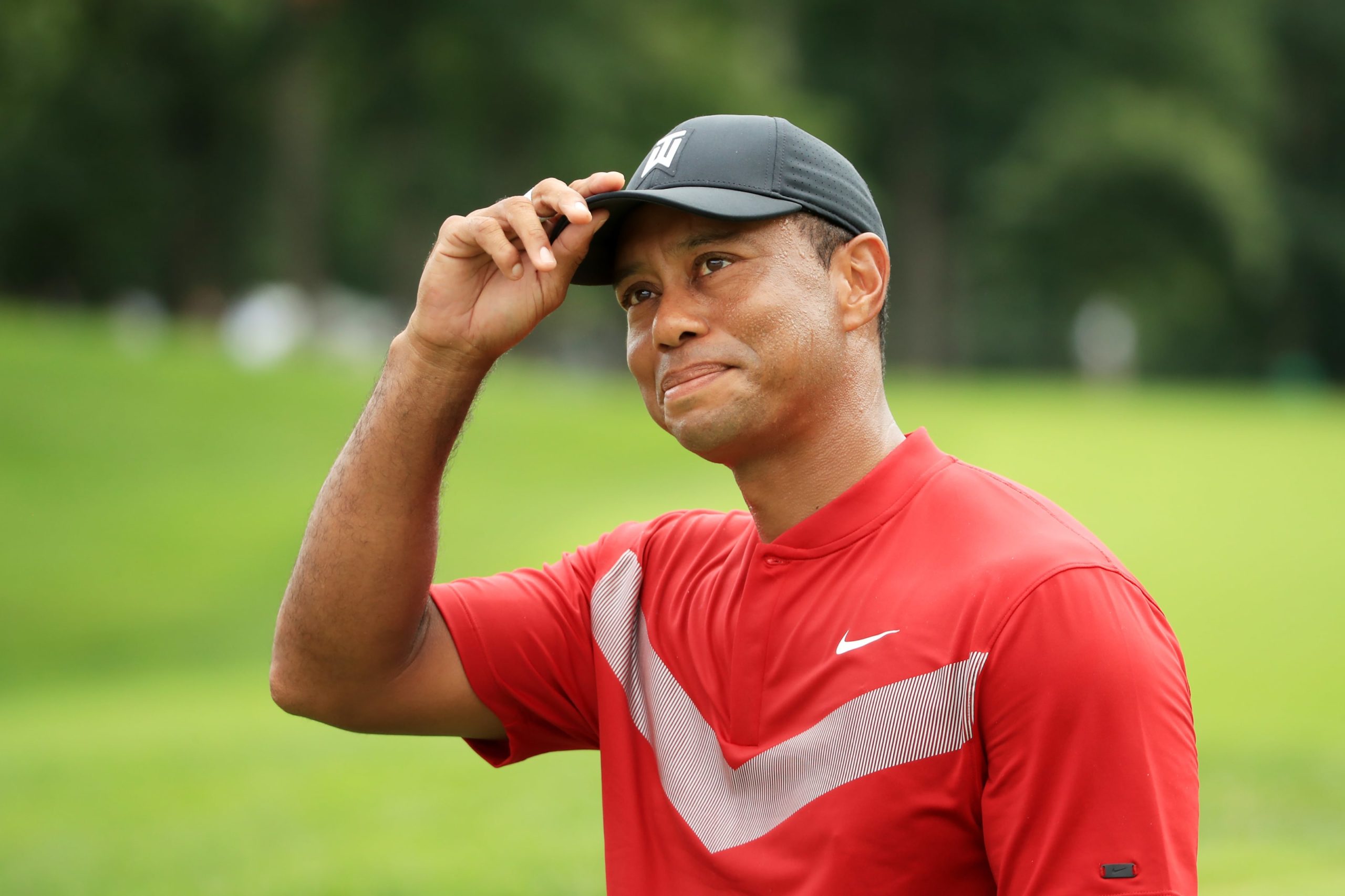By: Zach Draves
When news broke that Tiger Woods was involved in a serious car accident in Los Angeles, it was as if the world stopped in its tracks.
The fears of another potential tragedy reminiscent of Kobe Bryant put our collective breath on hold.
Then reports surfaced that Tiger had suffered multiple leg injuries which eased many people’s worries about death, but the prayers and well wishes still surged.
Fear of Tiger being paralyzed recaptures the horror for an older generation learning about Roy Campanella of the Brooklyn Dodgers.
This incident has compelled many of us to reflect back on the greatness of Tiger Woods and the transformative icon that he has been for over 25 years.
His 82 major wins and his 5 Masters victories as well as his marquee value changed the face of golf.
While golf has a deeply elitist and racist history and in many instances, those dynamics are still prevalent, Tiger brought a whole new audience to the sport that had been shut out.
There is plenty of time to discuss his impact on the broader society, but I am mostly interested in society having a reckoning when it comes to the humanizing of athletes.
Too often when an athlete is involved in a career-ending or life-threatening circumstance, the better angels of our nature start to show.
Our humanity, empathy, and compassion are showcased and mentions of an athletes’ craft come secondary.
While that is a natural response, it does beg the question, why does it have to take a car accident for people to see that Tiger Woods is a human being?
Yes he is one of the greatest athletes of our time, but he has shown that he is more than that.
Too often society has pigeonholed athletes into a category solely based on their physicality as if to imply that all they are good for is what they do in the athletic arena and nothing else matters.
Athletes are hyper-commodified by corporations and media that we see them as products rather than as humans.
And some fans feel as though they have the authority to objectify athletes to such an extent through their comments and critiques while having little to no knowledge of the intricacies of the game itself, that they don’t realize that they are contributing to the problem.
But this era of social media and a new wave of athlete activism has challenged society to look at its pre-conceived notions of athletes.
The point is athletes deserve to be treated and be seen as human beings not just at certain moments of serious injury that forces us into kindness.
Well wishes to Tiger and his family, but let’s be consistent and not convenient.



 NFL
NFL






